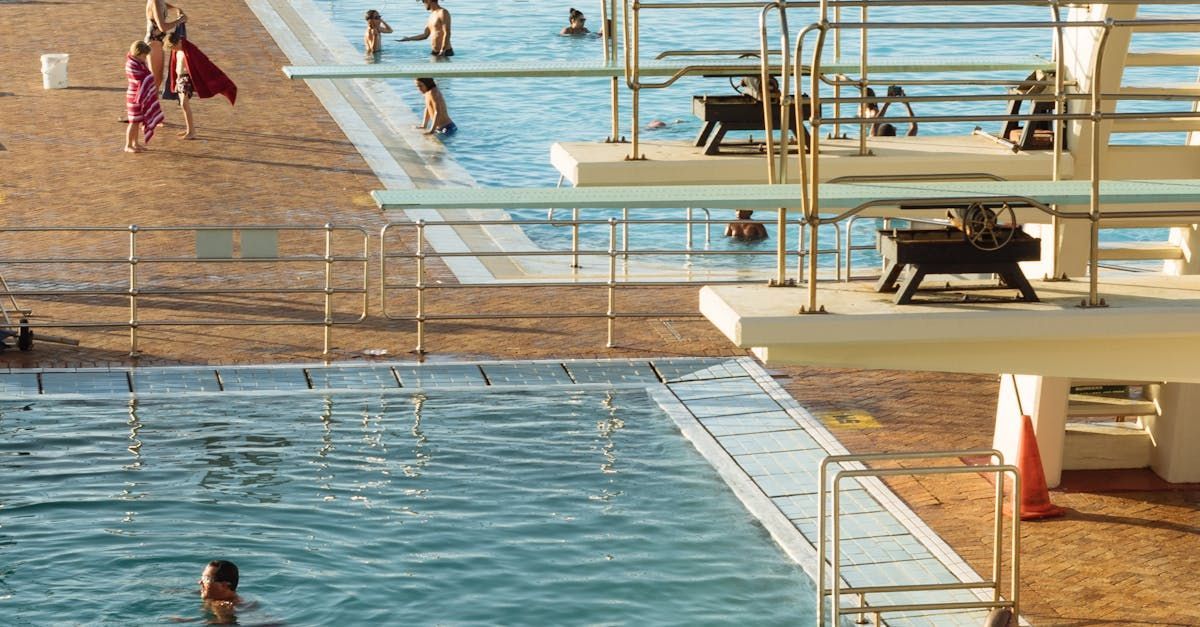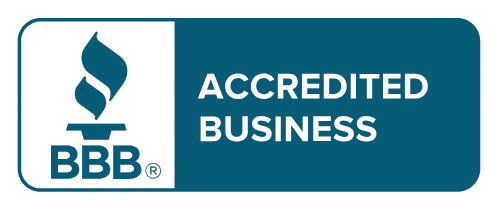Marine-Grade Materials: Coastal Home Essentials
Marine-grade materials are essential for custom home construction in coastal areas like Charleston, South Carolina. These materials are designed to withstand the harsh saltwater environment, high humidity, and intense UV exposure common in coastal regions. Using marine-grade materials ensures the longevity and durability of your custom home, protecting it from corrosion, rust, and other forms of damage caused by the marine environment.
Key Takeaways:
- Marine-grade materials are specially designed for coastal environments
- These materials resist corrosion, rust, and UV damage
- Common marine-grade materials include stainless steel, aluminum, and certain plastics
- Using marine-grade materials in custom home construction increases durability and longevity
- Proper selection and installation of marine-grade materials is crucial for optimal performance
Understanding Marine-Grade Materials
Marine-grade materials are specifically engineered to withstand the harsh conditions of coastal environments. These materials are resistant to saltwater corrosion, high humidity, and intense UV radiation. In Charleston's coastal climate, using marine-grade materials in custom home construction is not just a luxury—it's a necessity for ensuring the longevity and durability of your home.
What Makes a Material "Marine-Grade"?
For a material to be considered marine-grade, it must possess certain properties that allow it to withstand the unique challenges of coastal environments. These properties include:
- Corrosion resistance
- UV resistance
- Moisture resistance
- Salt spray resistance
- Durability under extreme temperature fluctuations
Materials that meet these criteria are typically more expensive than their standard counterparts, but the long-term benefits in terms of durability and reduced maintenance costs make them a wise investment for coastal homes.
Common Marine-Grade Materials for Custom Home Construction
When building a custom home in Charleston, it's important to choose the right marine-grade materials for various components of your house. Here are some common marine-grade materials used in coastal construction:
Marine-Grade Stainless Steel
Stainless steel is a popular choice for marine environments due to its excellent corrosion resistance. However, not all stainless steel is created equal. For coastal applications, marine-grade stainless steel (typically grades 316 or 316L) is recommended. This type of stainless steel contains molybdenum, which provides superior resistance to pitting and crevice corrosion caused by chloride exposure.
Marine-grade stainless steel is often used for:
- Exterior hardware (door handles, hinges, etc.)
- Fasteners and screws
- Railings and balusters
- Outdoor kitchen appliances
Marine-Grade Aluminum
Aluminum is another excellent choice for coastal construction due to its natural corrosion resistance and lightweight properties. Marine-grade aluminum alloys, such as 5052 or 6061, offer enhanced corrosion resistance and strength.
Common applications for marine-grade aluminum in custom homes include:
- Window and door frames
- Roofing materials
- Outdoor furniture
- Gutters and downspouts
Marine-Grade Plastics
Certain plastics are well-suited for marine environments due to their resistance to corrosion, UV radiation, and moisture. Marine-grade plastics like PVC, HDPE, and ABS are commonly used in coastal construction.
These plastics are often used for:
- Decking materials
- Outdoor electrical boxes
- Plumbing components
- Exterior trim and moldings
Importance of Marine-Grade Materials in Charleston's Climate
Charleston's coastal location exposes homes to unique environmental challenges that make the use of marine-grade materials particularly important. The combination of high humidity, salt air, and intense sun exposure can quickly degrade standard building materials, leading to premature wear and costly repairs.
Humidity and Saltwater Exposure
Charleston's high humidity levels and proximity to saltwater create an environment ripe for corrosion. Standard metals can quickly rust and deteriorate in these conditions, compromising the structural integrity of your home. Marine-grade materials are specifically designed to resist this corrosion, ensuring that your home remains strong and stable for years to come.
UV Radiation
The intense sunlight in Charleston can cause significant damage to many building materials. UV radiation can cause fading, cracking, and brittleness in plastics and wood, and can even accelerate the corrosion of some metals. Marine-grade materials are formulated to withstand this UV exposure, maintaining their appearance and structural integrity over time.
Temperature Fluctuations
While Charleston's climate is generally mild, the area does experience temperature fluctuations that can stress building materials. Marine-grade materials are designed to withstand these temperature changes without warping, cracking, or otherwise failing.
Selecting Marine-Grade Materials for Your Custom Home
When choosing marine-grade materials for your custom home in Charleston, it's important to consider several factors:
Durability and Lifespan
While marine-grade materials may have a higher upfront cost, their extended lifespan and reduced maintenance needs often make them more cost-effective in the long run. Consider the expected lifespan of different materials and how they align with your long-term plans for the home.
Aesthetic Considerations
Marine-grade materials come in a variety of finishes and styles, allowing you to maintain your desired aesthetic while still benefiting from their superior performance. Work with your custom home builder to select materials that complement your home's design.
Building Codes and Regulations
Charleston has specific building codes and regulations related to coastal construction. Ensure that your chosen materials meet or exceed these requirements. Your custom home builder should be well-versed in these regulations and can guide you in making appropriate selections.
Environmental Impact
Consider the environmental impact of your material choices. Some marine-grade materials are more eco-friendly than others. For example, certain types of marine-grade aluminum are recyclable, making them a more sustainable choice.

Installation of Marine-Grade Materials
Proper installation of marine-grade materials is crucial to ensuring their performance and longevity. Here are some key considerations:
Professional Installation
Always use experienced professionals who are familiar with working with marine-grade materials. Improper installation can negate the benefits of these specialized materials and may even void warranties.
Proper Fasteners and Hardware
Use fasteners and hardware that are compatible with your chosen marine-grade materials. Mixing incompatible metals can lead to galvanic corrosion, which can quickly degrade even the most corrosion-resistant materials.
Sealants and Coatings
In some cases, additional sealants or coatings may be necessary to protect marine-grade materials. These should be applied according to manufacturer specifications to ensure optimal performance.
Maintenance of Marine-Grade Materials
While marine-grade materials are designed for durability in coastal environments, they still require some maintenance to perform optimally:
Regular Cleaning
Regularly clean marine-grade materials to remove salt deposits and other contaminants. Use appropriate cleaning products that won't damage the material's protective finishes.
Inspection and Repair
Periodically inspect marine-grade components for signs of wear or damage. Address any issues promptly to prevent more extensive damage.
Reapplication of Protective Coatings
Some marine-grade materials may require periodic reapplication of protective coatings. Follow manufacturer recommendations for timing and application methods.
Cost Considerations for Marine-Grade Materials
The use of marine-grade materials in custom home construction typically increases the overall cost of the project. However, it's important to consider the long-term value these materials provide:
Initial Investment vs. Long-Term Savings
While marine-grade materials have a higher upfront cost, they often result in significant savings over time due to reduced maintenance needs and longer lifespans.
Impact on Home Value
The use of high-quality, durable materials can increase the value of your home, particularly in a coastal market like Charleston where buyers are aware of the importance of marine-grade materials.
Insurance Considerations
Some insurance companies may offer lower premiums for homes built with marine-grade materials due to their increased durability and resistance to damage from coastal conditions.
Marine-Grade Materials in Different Areas of Your Custom Home
Let's look at how marine-grade materials can be incorporated into different areas of your custom home in Charleston:
Exterior Applications
The exterior of your home is most exposed to the harsh coastal environment and therefore benefits greatly from marine-grade materials:
- Siding: Consider marine-grade aluminum or fiber cement siding for superior durability.
- Roofing: Marine-grade metal roofing can provide excellent protection against both sun and salt exposure.
- Windows and Doors: Choose frames made from marine-grade aluminum or vinyl for longevity and low maintenance.
Interior Applications
While the interior of your home is less exposed to the elements, using marine-grade materials in certain areas can still provide benefits:
- Plumbing: Marine-grade plastics or corrosion-resistant metals for pipes and fixtures can prevent issues caused by hard water or salt air infiltration.
- HVAC Systems: Components made from marine-grade materials can extend the life of your heating and cooling systems.
- Flooring: In areas prone to moisture, such as bathrooms or laundry rooms, marine-grade materials can prevent water damage and mold growth.
Outdoor Living Spaces
Outdoor living spaces are particularly vulnerable to coastal conditions and can greatly benefit from marine-grade materials:
- Decking: Marine-grade composite decking or treated lumber can withstand sun and salt exposure.
- Outdoor Kitchens: Use marine-grade stainless steel for appliances and countertops to prevent corrosion.
- Pool Areas: Choose salt-resistant materials for pool decking and equipment to extend their lifespan.
Working with a Custom Home Builder
When building a custom home in Charleston, it's crucial to work with a builder who has experience with marine-grade materials and coastal construction. A knowledgeable builder can:
- Recommend appropriate marine-grade materials for your specific location and needs
- Ensure proper installation techniques are used
- Navigate local building codes and regulations related to coastal construction
- Provide guidance on maintenance and care of marine-grade materials
Future Trends in Marine-Grade Materials
As technology advances, we're seeing new developments in marine-grade materials that could benefit custom home construction in coastal areas like Charleston:
Smart Materials
Researchers are developing "smart" marine-grade materials that can self-heal or adjust their properties in response to environmental conditions. While still in early stages, these materials could revolutionize coastal construction in the future.
Eco-Friendly Options
There's a growing focus on developing marine-grade materials that are more environmentally friendly. This includes materials made from recycled content and those that are fully recyclable at the end of their lifespan.
Nanotechnology
Nanotechnology is being used to enhance the properties of existing materials, creating new options that are even more resistant to corrosion, UV damage, and other coastal hazards.
Conclusion
Incorporating marine-grade materials into your custom home construction project in Charleston is a smart investment in the longevity and durability of your home. While these materials may increase your initial construction costs, they offer significant long-term benefits in terms of reduced maintenance, increased home value, and peace of mind.
By working with an experienced custom home builder and carefully selecting appropriate marine-grade materials for different components of your home, you can create a beautiful, durable residence that will stand up to Charleston's coastal climate for years to come. Remember, in coastal construction, the right materials make all the difference. For more information, you can visit our website or contact us.






